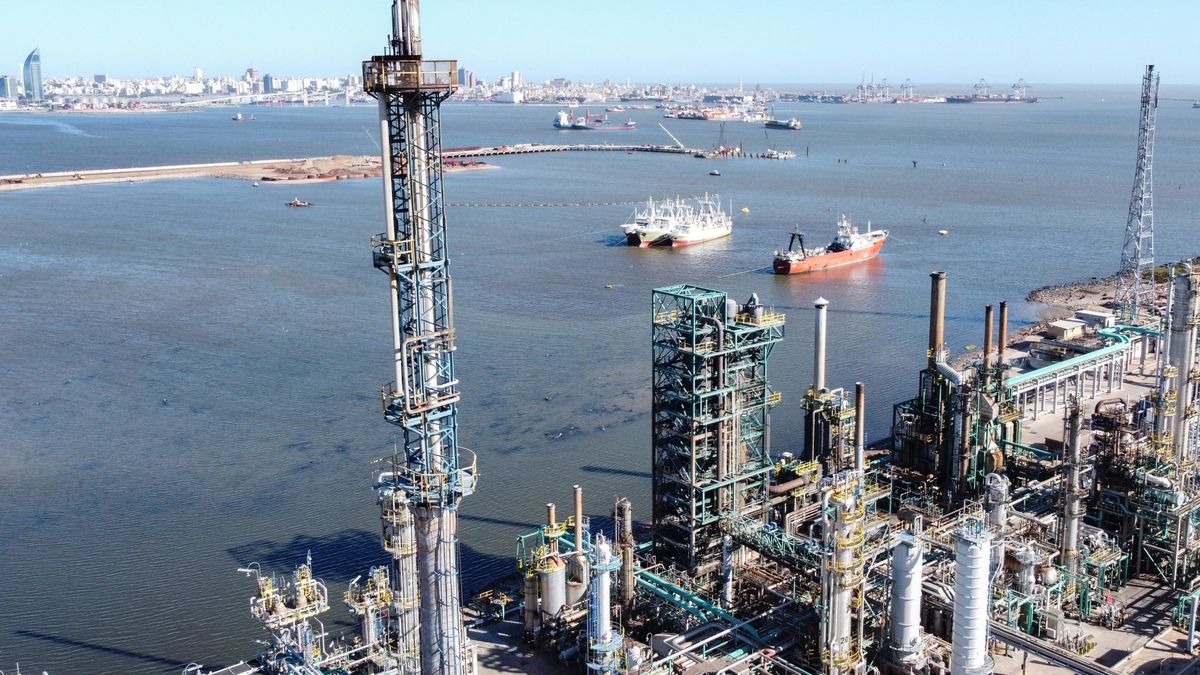The company’s only refinery will be stopped for four months for maintenance tasks. Importation is the only way to cover the demand.
The National Administration of Fuels, Alcohol and Portland (Ancap) will import a total of 600,000 cubic meters of fuel during the four months, approximately, that the production of the refinery will stop the tile due to the maintenance tasks that will be carried out in the main plant of Uruguay since September.
The content you want to access is exclusive to subscribers.
The stop in La Teja is something that has already been contemplated from all aspects and, above all, in two: on the one hand, the fuel that will be necessary to bring from abroad to meet domestic demand; and, on the other, the balance sheet of the state oil company which must deduct four months of operations —in addition to adding import costs—, also fundamental for maintaining the price of fuels in the country, based on the important refinery margins.


For the first case, Ancap has already decided to import 600,000 cubic meters of fuel that will be stored in the Terminal of the East of José Ignacioan infrastructure that usually receives crude oil and that is logistically prepared to receive the large ships that are expected to call.
The president of Ancap, Alejandro Stipanicic, clarified in this regard that the idea is perform large imports very rarely, using, for example, ships with capacities between 80,000 and 100,000 cubic meters. “It’s quite an unprecedented operation and requires very fine coordination,” he explained.
Maintenance costs in La Teja
The stoppage of production during the four months of maintenance will cost Ancap an estimated 180 million dollars and it will also have a negative impact on the country’s economy, which has reduced its growth estimates from the 3% forecast last November to 2%.
However, the technical stoppage is necessary since it seeks to replace the upper cap of the cracking reactor, inspect the refractories, carry out a mechanical decoking together with the inspection of the furnace tubes, later replace them and finally change the catalysts in units of isomerization and desulfurization of diesel and gasoline. All tasks that aim to improve the efficiency of the plant, as well as its security.
Likewise, it is planned to carry out a series of works to recondition and put the towers, reactors, pumps, compressors and other specialized equipment in optimal conditions. And the maintenance and inspection of the heat exchangers will be carried out by means of eddy currents, and industrial painting tasks will be carried out, including the torch. It is estimated that the total cost of the acquisition of new equipment and the execution of maintenance work will amount to approximately 77 million dollars.
Source: Ambito




